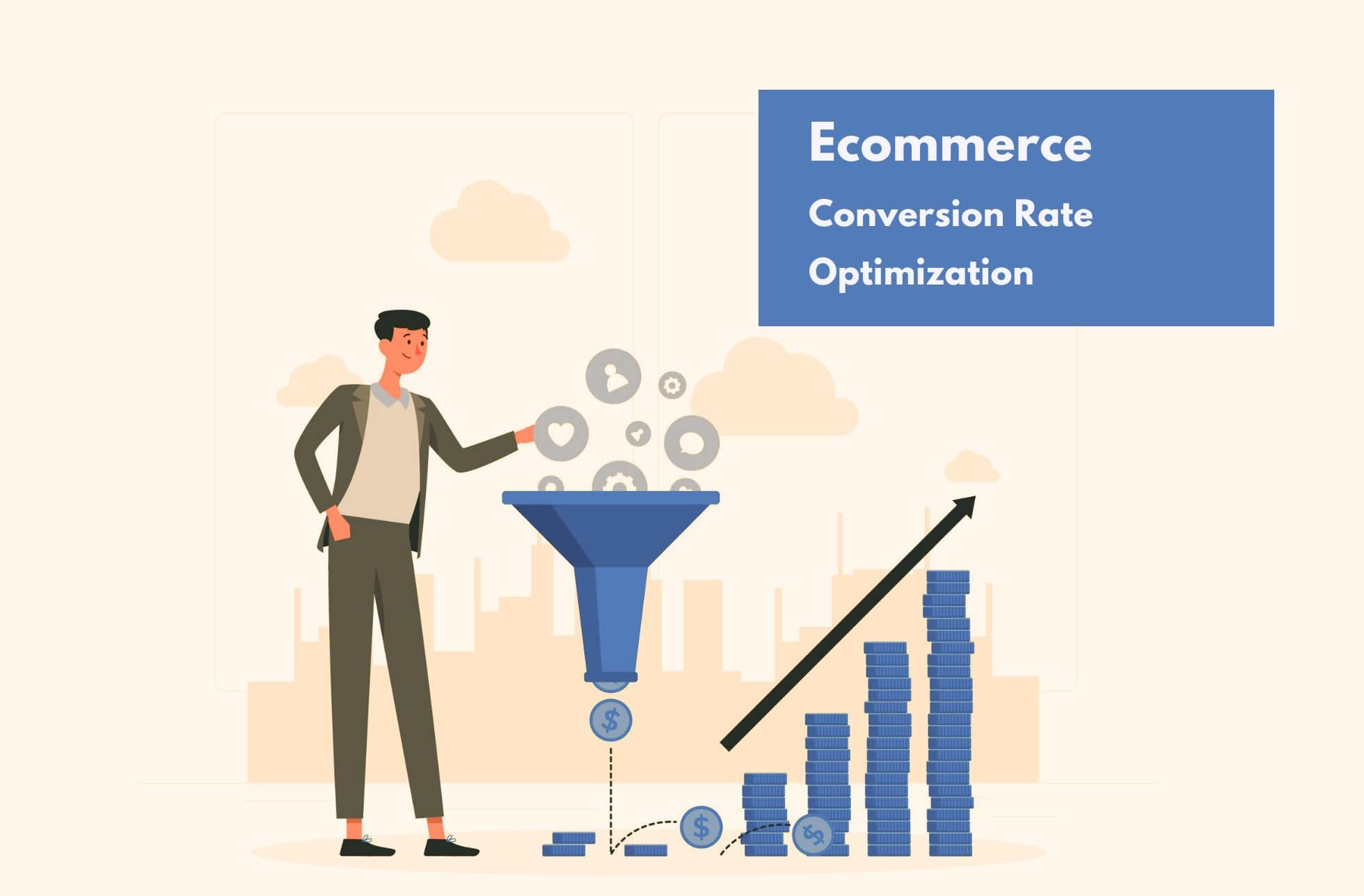Did you know that almost half of all Google searches (46%) are local, according to Chatmeter? Another study, this time from Search Engine Land, assures that 78% of the local searches from mobiles end up generating a conversion, either online or offline. Do you want to discover what are the best local SEO practices to position your e-commerce? Don’t miss the following lines!
Having a local SEO strategy is vital to success. To do this, there are a series of practices and recommendations, useful for positioning naturally in local search results. For example, get reviews of satisfied customers, optimize the web design for mobile devices or register in directories such as Google My Business or Yelp, among others.
What is local SEO and why are large and small e-commerce interested?
Before delving into the best practices of local SEO, it is worth knowing this type of search in detail. Originally, the famous Mountain View search engine ranked its lists according to very primitive criteria. Today, it doesn’t just include the keyword used, the search history of the user, or the device from which he or she connects: your location is also important.
What is local SEO? It can be defined as the organic positioning of a local business in the search results of Google, Bing and other search engines. These results are called SERPs (search engine results page), and they are different for each user.
The classification of these results varies depending on various factors. The mission of local SEO specialists is to improve the position of a business in SERPs. For example, a local shoe store could not compete with Zappos or Amazon on a global level, but on a local level.
Why? Because Google and other search engines understand that certain searches are related to geographical proximity. Users who search for ‘male shoe stores near me’ will receive a list of results with local business. It wouldn’t make sense to show Zappos, Zalando or other marketplaces, would it? However, it would be different if they were looking for ‘cheap men’s shoes’.
Search engines offer these results because they work, because they satisfy users. Algorithms are not designed to favour traditional businesses over Amazon, Alibaba or other e-commerce giants. Simply a part of consumers still prefer to buy in physical stores.
Local SEO specialists put the origin of this type of search in 2005: that’s when Google Maps and the Local Business Center began to work together. Later Google Local Business Center would be renovated and turned into Google Places in 2010. All this resulted in greater importance for local searches.
4 Local SEO Best Practices to Know
Clarified what local SEO is, it is worth answering another frequently asked question among those interested in this marketing strategy: what are the best practices of local SEO? Below is a selection of proven tips and tricks.
Get reviews, reviews and more reviews
The word of mouth has great relevance in local SEO positioning. But Google and other search engines are not dedicated to spying on user conversions: they simply use reviews to determine how valuable business is to them.
Consequently, e-commerce should encourage customer ratings. Facebook, Google My Business and specific platforms such as Trusted Shops are ideal places to accept and display customer reviews. But what about negative ratings? Of course, they are not good for attracting new customers, but they are necessary to gain credibility.
For example, Amazon, Walmart and other successful e-commerce cannot get rid of negative reviews. But they do make sure that most reviews are positive.
Establish alliances with local businesses and companies (not competitors).
Another local SEO best practice is partnering with businesses and companies. These should not be competitors, but should be related to our market niche. For example, a printer manufacturer can establish alliances with paper and cardboard suppliers.
But what does this strategy aim to achieve? Backlinks and mentions. From an SEO point of view, a large number of inbound links send search engines a clear message: this business is valuable in this geographical area, as other companies make mentions. First and foremost, it is important that backlinks are natural and add value to consumers.
Make your e-commerce mobile friendly
The popularity of mobile searches is evident. One of the most widespread mistakes when doing local SEO is underestimating the importance of having a responsive web design. This is important to ensure an optimal browsing experience for customers. But in addition, Google recently launched a specific index for mobile users: the Mobile-First Index.
What’s new? It means that Google and other search engines rank results differently depending on the device used by users to do their searches. For example, if you have an excellent local SEO strategy, but a bad mobile web version, Google will respond by giving your business a worse ranking.
Create profiles on Google My Business Yelp and other similar platforms
As we have been warning, local searches became important when Google Maps and Local Business Center began to influence SERPs. Consequently, another of the best local SEO tips is to create a profile in Google My Business.
So, when consumers look for a business near their location, yours will appear on Google Maps. Users will be able to access a tab with images and relevant information about your products and services. On the other hand, it is also advisable to create a profile in Yelp, Foursquare and other online directories related to your sector. Of course, one of those local SEO best practices that cannot be missing from your marketing strategy.




